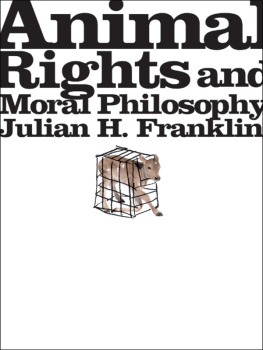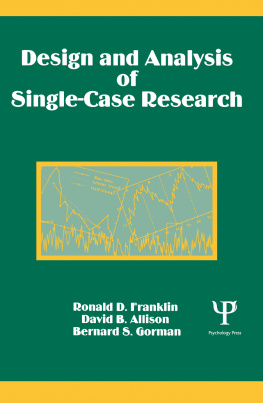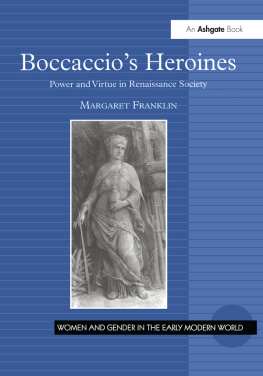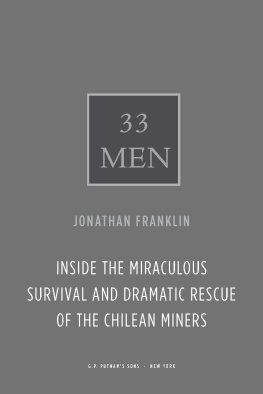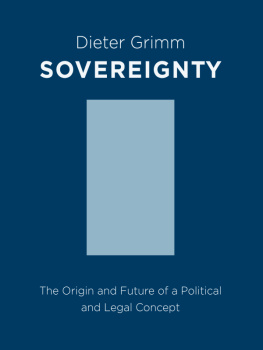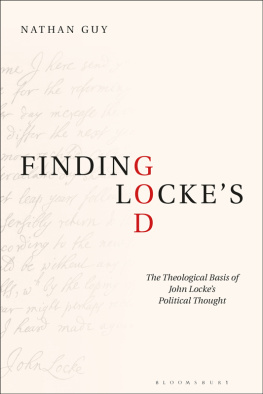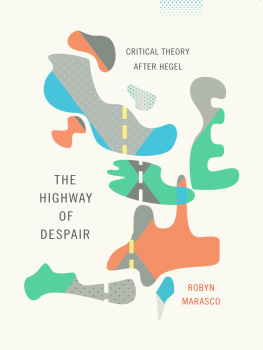Animal Rights and Moral Philosophy
Animal Rights and Moral Philosophy
Julian H. Franklin
Columbia University Press New York
Columbia University Press
Publishers Since 1893
New York Chichester, West Sussex
cup.columbia.edu
Copyright 2005 Columbia University Press
All rights reserved
E-ISBN 978-0-231-50871-1
Library of Congress Cataloging-in-Publication Data
Franklin, Julian H.
Animal rights and moral philosophy / Julian H. Franklin
p. cm.
Includes bibliographical references and index.
ISBN 0231134223 (cloth : alk. paper)
ISBN 0231508719 (E-book)
1. Animal rightsMoral and ethical aspects.
I. Title.
HV4708.F74 2005
179'.3dc22 2004055121
A Columbia University Press E-book
CUP would be pleased to hear about your reading experience with this e-book at .
In memory of Marty Fleisher
But for the sake of some little mouthful of flesh we deprive a soul of the sun and light, and of that proportion of life and time it had been born into the world to enjoy.
Plutarch, Moralia, The Eating of Animal Flesh, 1.4
Contents
My purpose in this book is to rework the theory of animal rights and suggest some new directions. By animal rights I do not mean a utilitarian theory of animal liberation in Peter Singers sense. Despite the great debt we owe to Singer for inspiring the modern movement for animal rights, I believe his case for respecting animal interests is theoretically inadequate. Singers argument for animal liberation is founded on utilitarianism, which fails as moral philosophy. In the opening chapter of this volume, I shall restate the standard critique of that position, and I shall also try to show that there are several important issues on which Singer cannot give nonhuman animals the consideration they deserve.
There are of course a number of utilitarians, or theorists influenced by the utilitarian position, who have contributed thoughtful pieces along the lines laid down by Singer. But it is no part of my project in this book to provide a history of doctrines or even to supply an outline of that history in recent times. I have concentrated on Singer because he best represents the central tenets and applications of the position. I shall also deal with R.G. Frey as one utilitarian who is diametrically opposed to granting moral consideration to animals. A position like Freys is rare among utilitarians. But his position is worth considering briefly, if only to show that utilitarianism cannot be pressed into the service of a case against animals. The utilitarian doctrine is inexpugnably egalitarian in its fundamental outlook, and while Singers argument is flawed, in my opinion, I will try to show that Freys is incoherent.
As things now stand, the best argument for giving full respect to animals is The Case for Animal Rights by Tom Regan. The criterion of moral action here is not, as with Singer, an aggregate of pleasure or pain in which the individuals who make up that aggregate are mere receptacles of units of utility. For Regan, all mammals of a year or more in age have an inherent prima facie right to life and liberty. This is the main thesis of a powerful and sympathetic case for animal rights, and I shall consider it at length in . As might be expected, there are a number of theorists who have adopted a similar approach, but once again I shall concentrate on Regan as the prime exemplar.
For all its virtues, the rights argument, as it is commonly understood, is incomplete. The system of reflective intuitions that lead to equal rights for animals is consistent, and in my opinion airtight. Those who criticize Regan for relying so much on intuition fail to consider adequately the imposing chain of his reflections. The real problem is rather that this superstructure lacks a solid base. Regan assumes, as universally granted, that animals cannot be treated in just any way. This is a crucial assumption, but Regan does not attempt to justify it.
In , I shall try to find a foundation for that judgment in Kants categorical imperative. Kant, of course, is notoriously dismissive of rights for animals. He presents the categorical imperative as though it covers rational beings only. Taking Kant at his word, theorists of animal rights regularly pass his moral doctrine by. But this is a costly mistake. Kant confuses the subjects of the categorical imperative, which are and must be rational beings, with the objects to which the categorical imperative applies. I will try to diagnose this confusion, and after dealing with all three forms of Kants categorical imperative, I will venture to conclude that their basic moral principle is properly rendered by the categorical imperative in a revised version of its second form. It should now be taken as though it reads as follows: Act in such a way that you always treat sentience, whether in yourself or in the self of any other, never simply as a means but also at the same time as an end.
will also examine Evelyn B. Pluhars alternative form of rationalist morality. Pluhar dismisses Kant. But she believes that a theory of animal rights can be derived from the rationalist ethic of Alan Gewirth. Although her effort is noble and ingenious, I will argue that it too is insufficient. It wholly depends on Gewirths rationalist ethics, which will be criticized as unsustainable.
In that they do so only at the price of inner consistency. Here I will go back very briefly into history to show that my objections to Rawls and Habermas are adumbrated in Diderots reflections on the idea of a general will. I will then end this chapter with a brief critique of the contractarian efforts of Jan Narveson and Peter Carruthers.
deals with attempts to develop a theory of respect for animals from human feelings of compassion. These are moving efforts, and compassion can surely evoke and supplement the moral imperative derived from reason. But compassion, I believe, cannot stand alone as an independent basis of equal respect for animals. Without a foundation in reason it will always lack a proper basis of discrimination. I shall try to show this by a critique of two very prominent positions of this sort: Albert Schweitzers ethic of reverence for life and the feminist, or ecofeminist, ethic of care. At the end of the chapter, there are some very brief remarks in which I question whether equal respect for animals can be reached by appealing to religion.
The last chapter, on environmentalism and animal rights, seems to be a change of topic. But the use of nature is the main area in which human and animal rights conflict. By a conflict of rights, I mean situations wherein the legitimate interests of animals and the legitimate interests of humans directly clash. The eating of meat is not a clash between the animal and the human right to nourishment, since the animal is used as a mere instrument for human satisfactions. The same applies to the use of animals for biomedical experiments. This is not a conflict of otherwise legitimate interests. Animals alone are made to sacrifice; they do not give consent.
On the other hand, competition between humans and animals for the use of a particular natural resource is an authentic conflict of otherwise legitimate interests. This poses a dilemma to which I believe a reasonable solution can be found. The advocates of animal rights and hard-core ecologists are too often driven to extremes. Tom Regan and J. Baird Callicott are prime examples of this. I shall argue instead for a middle position. Humans have priority over animals, but only with an important limitation. Any new or more intense appropriation of nature must be justified by a clear showing that the general quality of human life will be advanced thereby and that no reasonable alternative exists.


